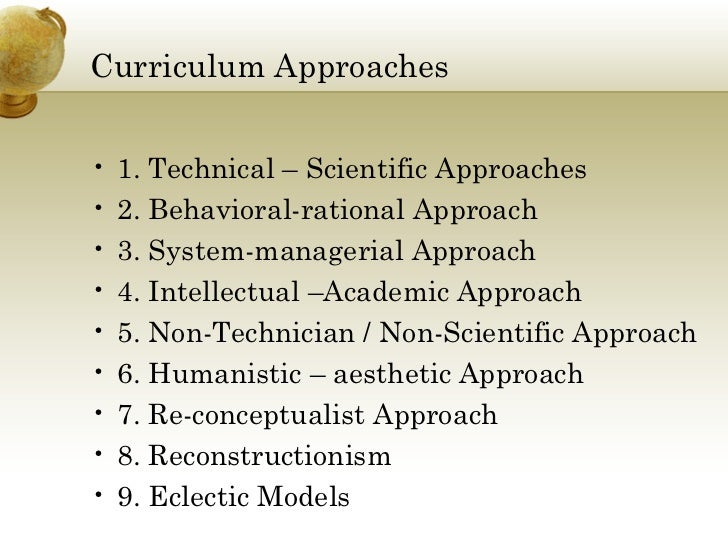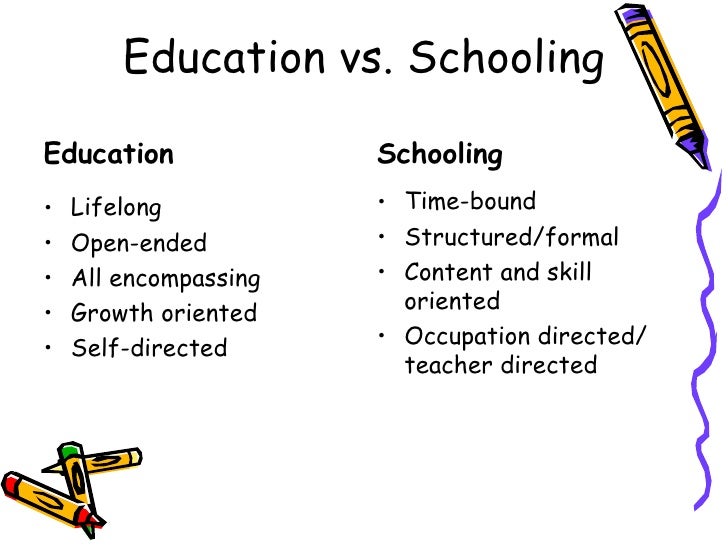WEEK 7
CURRICULUM APPROACHES, BEHAVIORAL, MANAGERIAL, SYSTEM, ACADEMIC AND HUMANISTIC APPROACH.

Technical-scientific approaches
Behavioral-rational approach : it is the oldest and still more preferred approach by many educators. It clearly defines the objectives (why), content (what), method (how), sequence (when), and scope (how much) of a curriculum by the Taba and Tyler Models, 1969.
Systems-managerial approach : This approach considers the major interconnectedness of inputs, throughputs and outputs that comprise the educational system.
Intellectual : academic approach : It identifies three fundamental factors- the learner, the society and the organized subject matter.

